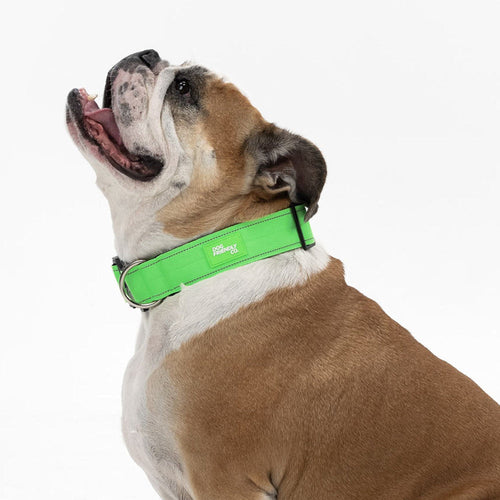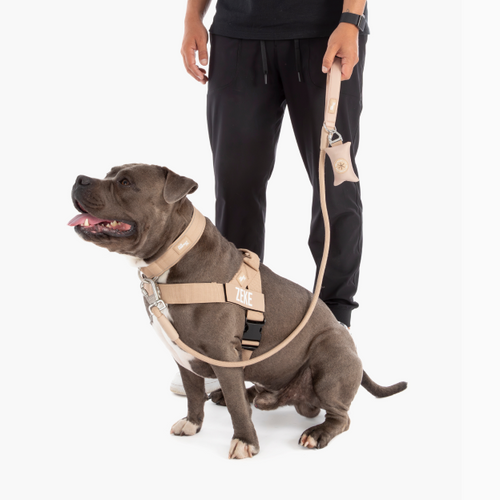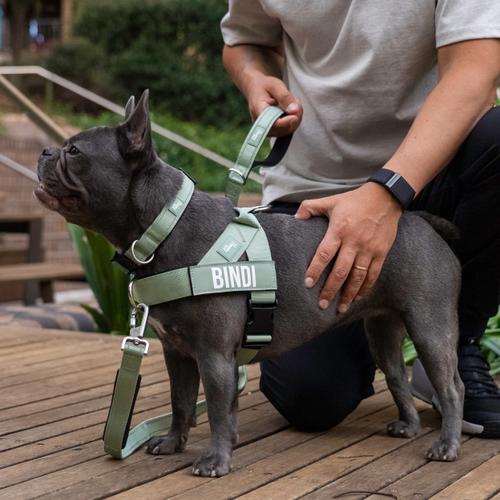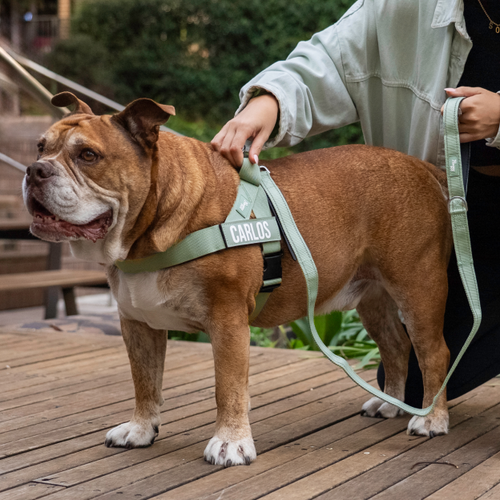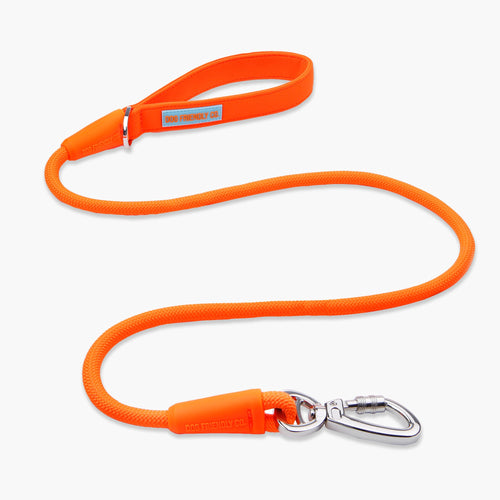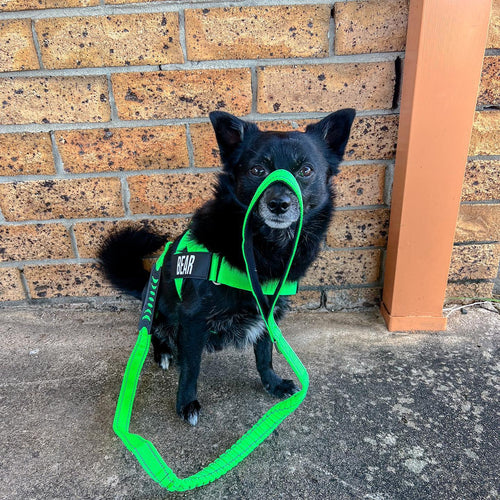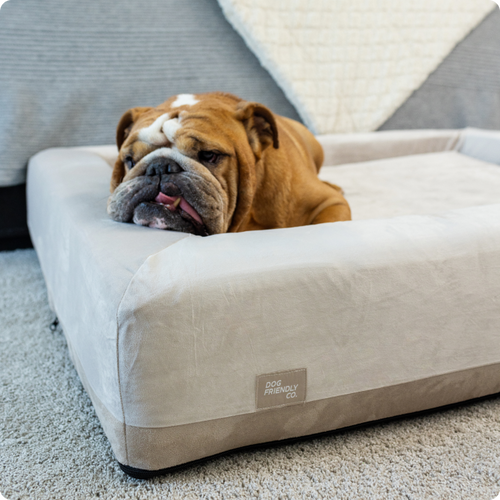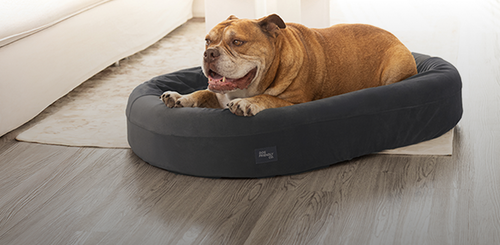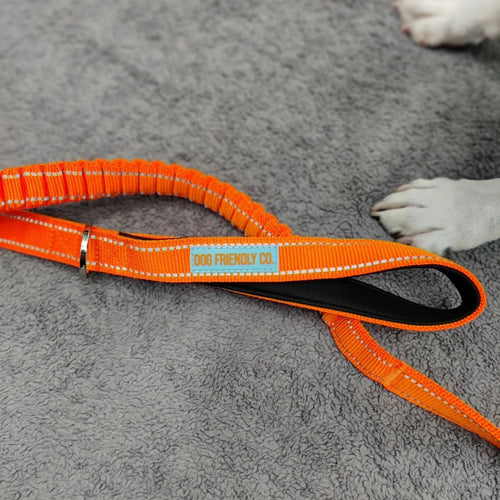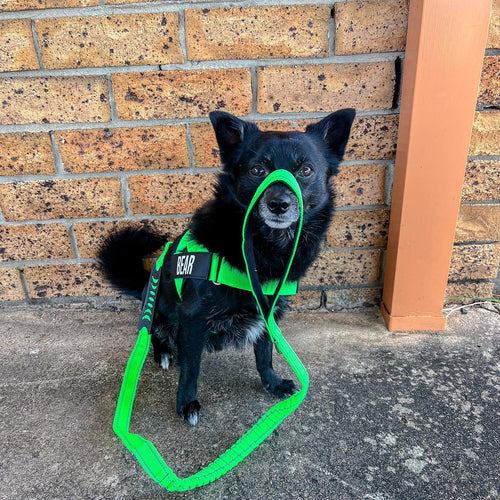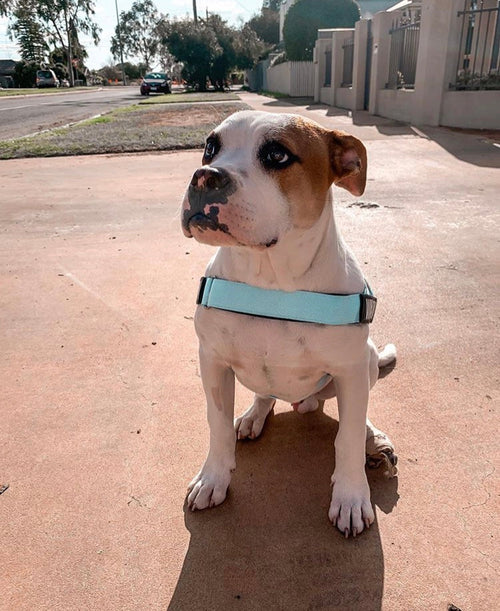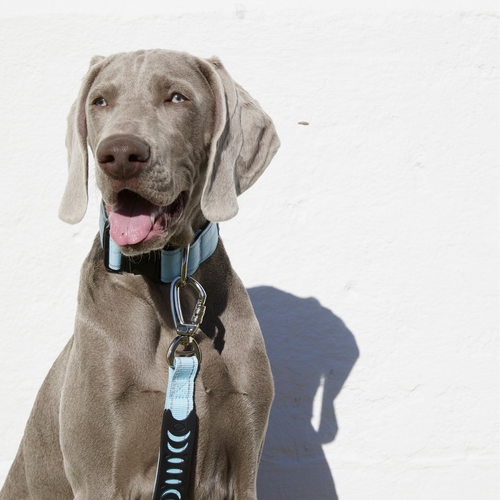One of the most common queries among dog owners is why do dogs dig at their beds, especially why do dogs dig at night. In fact, there’s not a single reason — there are several. Understanding these reasons will help you better understand your dog and know when her behaviour may be a cause for concern.
1. Instinctual Behaviour
Digging in dogs is a natural behaviour inherited from their wild ancestors. These wild dogs would have used digging to improve comfort and gain a sense of security.
A related ancestral behaviour is circling before lying in the bed. This allowed wild dogs to check there were no predators in the vicinity before going to sleep.
1.1 Creating a Den
One of the main reasons wild dogs would dig was to create a shelter where they would be protected from predators and the weather. Domesticated dogs maintain the urge to create a shelter for themselves, which manifests as digging a spot where they’re going to sleep.
1.2 Regulating Temperature
Wild dogs used shelters to regulate their body temperature in extreme conditions. They would go to these shelters to cool down in hot weather and to warm up during the cold. Our dogs today have retained these behaviours with their dog beds. In addition, you may notice your dog digging herself a shallow hole to lie in if you spend time outdoors on hot days.
2. Marking Territory
Another reason for digging is to mark territory. By digging her bed, your dog leaves her scent behind. This is because she has scent glands on her paws that release a pheromone unique to her. Marking territory in this way achieves a few things.
2.1 Claiming Ownership
Dogs feel attachment to their dog beds. By transferring scent to their sleeping area, they claim ownership of their dog beds. For this reason, your dog is extra likely to dig if she shares her bed with another dog or a visiting dog has used her bed. Scratching helps her remove the scent of the other dog and replace it with her own.
2.2 Communicating with Other Dogs
If another dog approaches your dog’s bed, he’ll recognise the scent she left behind. In other words, digging allows dogs to communicate with others — it conveys a message through scent.
3. Health and Comfort
In some cases, your dog digging her bed may be a sign of underlying health issues or discomfort, either physical or mental.
3.1 Seeking Relief
Dogs may dig their beds to make the spot more comfortable if they’re in pain, such as if they’re suffering from joint stiffness. This is particularly common in older dogs.
If your dog’s digging behaviour is due to discomfort, it will be helpful to purchase her a more supportive bed, such as an orthopaedic memory foam bed. There are multiple benefits of memory foam beds for dogs, including unequaled comfort, support for joints, and pressure relief.
3.2 Addressing Anxiety
Digging could also be a sign of anxiety or stress. When dogs are overwhelmed, they often turn to digging as a self-soothing behaviour. This is more likely to be the reason if you notice your dog is most prone to digging when you leave (or are about to leave) the house, loud noises are making her anxious, or she is in a new environment or her regular environment has changed. Possible changes include:
- A new member joins the household (either a human or pet)
- The temperature changes (such as with the change of the season)
- You move her bed to a different part of the house
- You’re busier, meaning she becomes bored
It’s normal for all dogs to experience anxiety at times — they’ll occasionally be exposed to stimuli and experiences that make them nervous. However, if stress is a constant problem for your dog or her stress levels suddenly increase, it’s worth talking to a vet or seeking advice from a dog behaviourist to determine the cause and find suitable treatment.
4. Other Reasons for Digging
There are a few extra reasons why your dog may be digging her bed.
4.1 Seeking Attention
If you always tell your dog to stop when you see her digging, she may do it when she wants to gain your attention. She may also dig if you laugh at her antics or even just talk to her when you see her digging.
4.2 Creating a Space for Puppies
Female dogs may dig to create a nest for their puppies, including when they’re not pregnant. This is particularly common if your dog has a phantom pregnancy, which may happen in females who are not spayed around six to eight weeks after heat.
4.3 Searching for Hidden Items
If your dog’s bed is lined with a blanket, she may hide items in the bed to dig out later. Plus, if she tends to take food to eat in her bed, pieces may become stuck in the creases. Greedy dogs will stop at almost nothing just to eat a morsel of leftover food.
4.4 Breed-Specific Behaviours
Some dogs enjoy digging more than others — they may even feel the need to dig at least a couple times a day. Terriers and other breeds who were originally bred for tasks that involved digging (like tunnelling and hunting) fall into this category.
4.5 Frustration
Finally, your dog may resort to digging her bed if she’s not allowed to do something else. For instance, if she’s not allowed to play with guests, go outside, or bark at the doorbell, she may transfer her energy to scratching her bed.
We’ve answered the question why do dogs scratch at their beds, but this doesn’t provide a solution for dog owners who have nowhere for their pooches to sleep because all that digging has destroyed their dog beds. The solution is to purchase a dog bed or dog bed cover that’s durable and comfortable. You’ll find a range of options at Dog Friendly Co, including a range of dog bed bundles. Shop now.

















